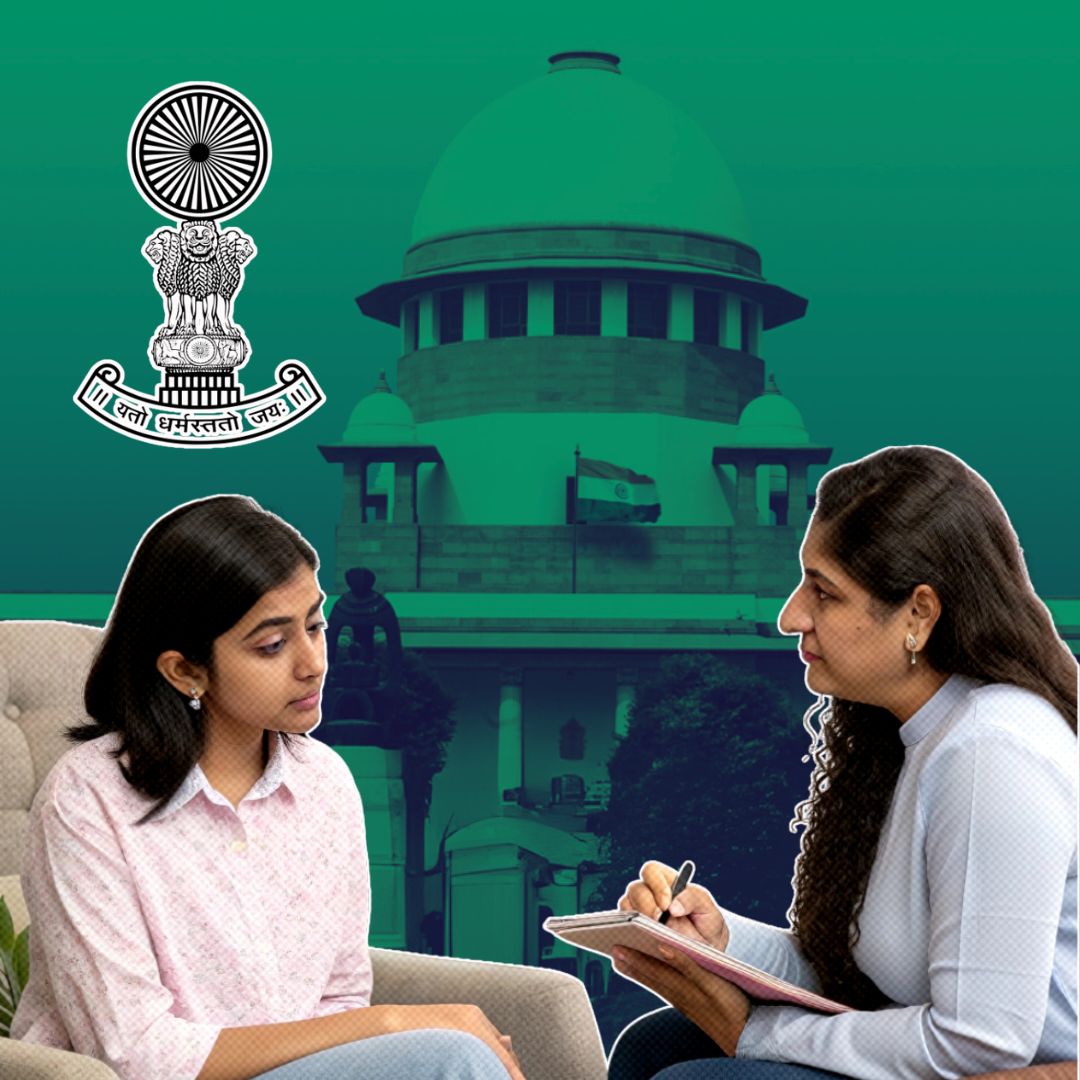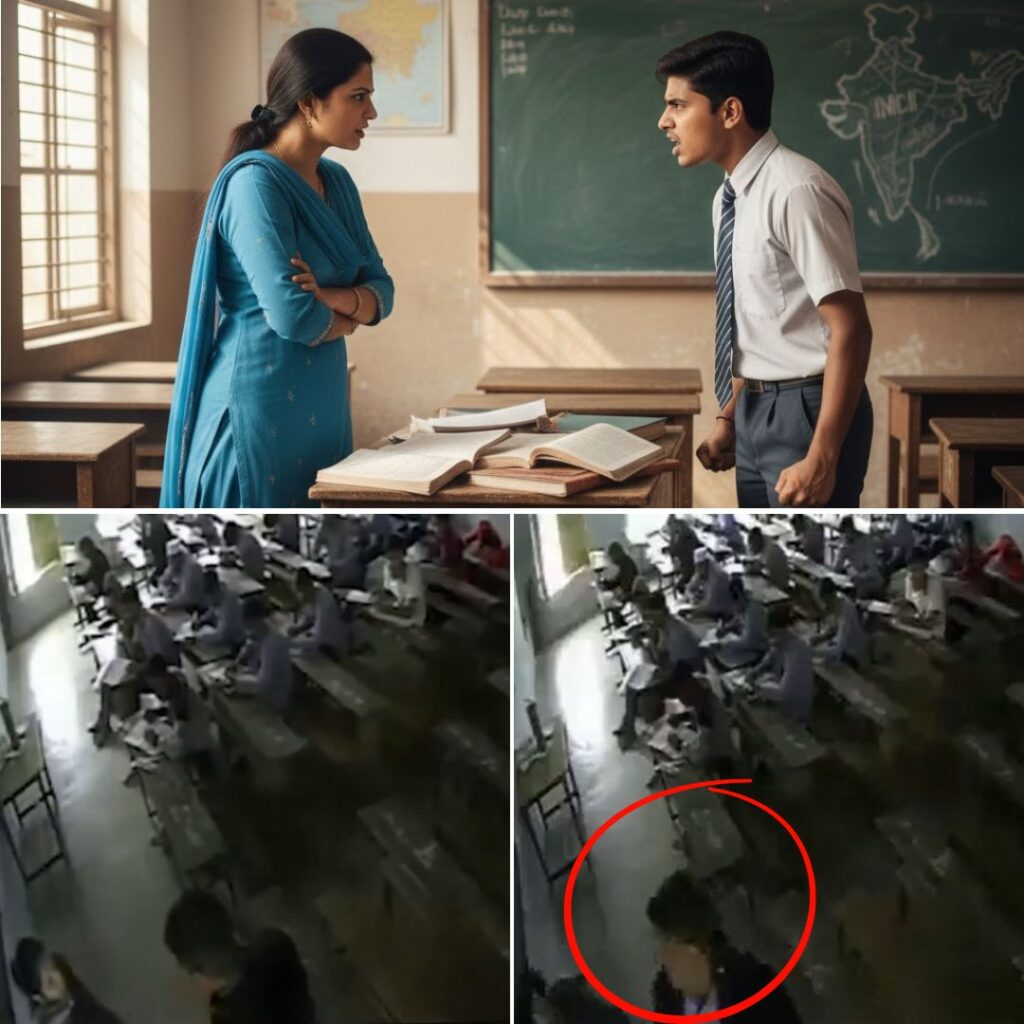The Supreme Court-appointed National Task Force (NTF) on Student Mental Health and Suicide Prevention has launched a dedicated online portal as part of a comprehensive national initiative to address the alarming rise in suicides among students in higher education institutions across India.
The 18-member task force is chaired by former Supreme Court judge Justice S Ravindra Bhat and aims to collect detailed data through multilingual online surveys, institutional visits, and extensive stakeholder consultations to identify root causes and recommend effective systemic reforms.
With over 4.46 crore students enrolled in more than 60,000 institutions, the urgency stems from the National Crime Records Bureau’s report of 13,044 student suicides in 2022, marking students among the most vulnerable occupational groups.
Comprehensive Data Collection and Stakeholder Engagement
The NTF’s portal serves as a central platform inviting input from a wide spectrum of stakeholders, including students, parents, faculty members, mental health professionals, heads of institutions, and the general public, including affected families and NGOs.
The surveys are available in English and Hindi, aiming to gather anonymous and confidential perspectives on critical themes such as academic pressure, systemic discrimination, ragging, financial challenges, mental health stigma, campus environment, and existing grievance redressal and support systems. Besides public contributions, heads of institutions can submit institutional data on suicide incidents and student support infrastructure, ensuring transparency and comprehensive coverage.
Justice Bhat has emphasised the importance of moving beyond individual case studies to understand systemic failures and regulatory gaps nationwide, a process augmented by institutional visits in both metropolitan and smaller cities to capture diverse regional realities.
Supreme Court Guidelines and Context
The formation of the task force and its portal follows the Supreme Court’s landmark March 2025 judgment that highlighted the “systemic failure” contributing to student suicides. The Court issued 15 binding pan-India guidelines for all educational institutions, public and private, mandating uniform mental health policies, appointment of qualified counsellors in institutions with more than 100 students, referral mechanisms for smaller institutions, and compulsory mental health training for staff.
This judgment recognised that the competitive “rat race” environment and academic pressures have overshadowed the true purpose of education, often isolating students emotionally. The guidelines were designed to be a binding framework until dedicated regulatory legislation is enacted.
The Court also directed a CBI investigation into a NEET aspirant’s suicide to underscore institutional accountability. These reforms build upon earlier initiatives like the UMMEED Draft Guidelines, MANODARPAN, and the National Suicide Prevention Strategy, reaffirming a national commitment to safer academic spaces.
The Logical Indian’s Perspective
The launch of this portal and the sweeping reforms ordered by the Supreme Court signify a crucial advancement in addressing the mental health crisis afflicting India’s youth in higher education. This inclusive, data-driven, and empathetic approach aligns with The Logical Indian’s core values of compassion, dialogue, and social harmony.
It stresses the essential shift needed from viewing academic success as the sole measure of worth to embracing holistic well-being, mental health, and supportive learning environments. Encouraging collaboration among students, educators, policymakers, and civil society, this initiative beckons a future where ambition and mental wellness coexist.
How can we, as a society, work collectively to transform academic institutions into nurturing spaces that sustain both intellectual growth and emotional resilience? Your experiences and insights are vital to this ongoing national dialogue.
The National Task Force on Student Mental Health and Suicide Prevention has launched its dedicated website in New Delhi today. This platform will collect suggestions and feedback from students, parents, teachers, and mental health experts to shape effective, inclusive, and… pic.twitter.com/amoDKsu4sz
— Ministry of Education (@EduMinOfIndia) August 8, 2025












